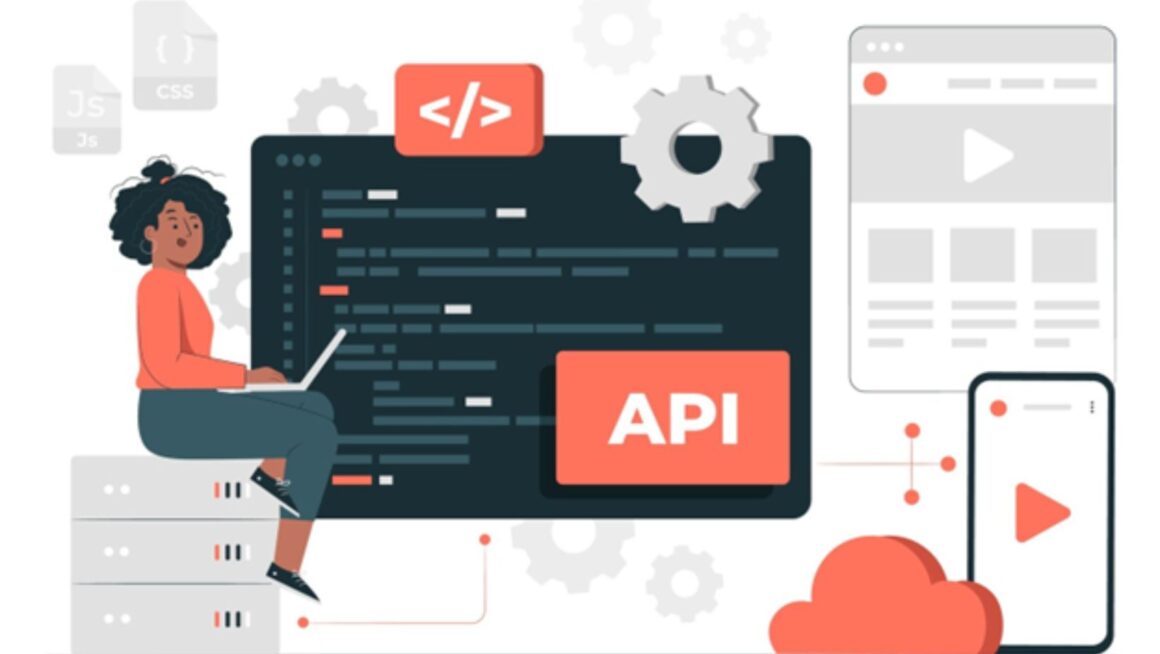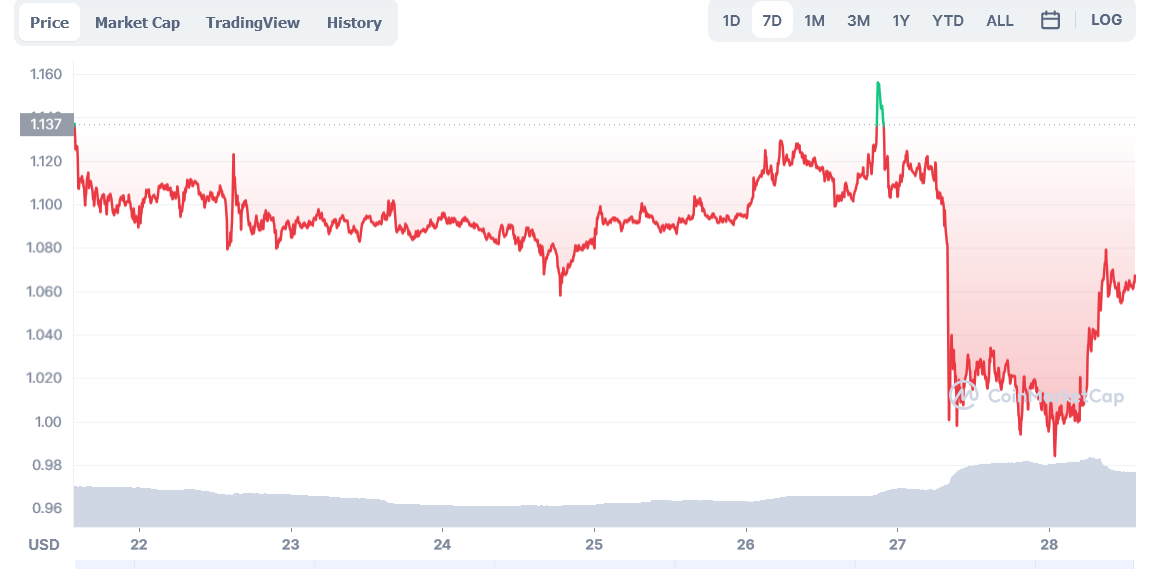Decentralized Finance, or DeFi, has changed and continues to change the financial landscape by removing intermediaries from financial transactions and services. From its early days as a niche sector within the blockchain ecosystem, DeFi has grown into a multi-billion dollar industry. In 2022, the total value locked (TVL) in DeFi amounted to $239 billion.
Let’s take a look at how the ecosystem evolved.
The Evolution of DeFi: Transforming Financial Landscapes
The evolution of DeFi can be traced back to the inception of Bitcoin in 2009, introducing the world to decentralized digital currency. However, the idea of decentralized finance began to take shape with the launch of Ethereum in 2015. Ethereum’s smart contracts paved the way for creating decentralized applications (dApps). In the early stages, DeFi platforms offered basic services like lending and borrowing. It only had limited user interfaces and functionalities.
The Rise of Complex Ecosystems: Interoperability and Innovation
With the expansion of the DeFi ecosystem, the need for interoperability between various platforms became evident. This led to the development of protocols and APIs that allowed different DeFi services to communicate and operate seamlessly.

The introduction of decentralized exchanges (DEXs) and automated market makers (AMMs) brought more sophistication to DeFi. With these innovations, users could now access a broader range of financial services.
The Role of APIs in DeFi
Here’s a closer look at how APIs contribute to the growth and functionality of DeFi:
Enables Real-Time Data Access
In DeFi, real-time data access is essential for price discovery and risk management functions. APIs connect DeFi platforms with data oracles and other data sources, ensuring that decentralized applications (dApps) have up-to-date information. This real-time data access allows users to make trade assets and manage risks. APIs also enable the automation of these processes, which promotes the efficiency and speed of transactions within the DeFi ecosystem.
Facilitates Interoperability Between Protocols
One of the defining features of DeFi is its modularity, where different protocols and platforms can interact and build on each other. APIs are instrumental in achieving this interoperability. They allow various DeFi protocols to integrate seamlessly, including complex financial products and services. For instance, a lending protocol can interact with a DEX through APIs to manage collateral and liquidations automatically.
Enhances User Experience and Accessibility
APIs are also central to improving the user experience within the DeFi space. APIs make it easier for non-technical users to access and interact with DeFi applications. APIs allow for developing new applications that cater to specific user needs.
Supports Innovation and New Use Cases
The open and programmable nature of APIs encourages innovation in the DeFi space. Developers can create new applications and services by leveraging existing APIs.

For example, APIs have enabled the growth of decentralized insurance, prediction markets, and synthetic assets. Such features expand the scope of what DeFi can offer.
Ensures Security and Compliance
While DeFi emphasizes decentralization, security and compliance remain critical concerns. APIs help address these issues by enabling the integration of security protocols and compliance tools. Several DeFi API platforms can connect with identity verification services. This way, it’s easier for users to meet regulatory requirements without compromising their privacy.
The Future of DeFi and API Integration
Integrating APIs in DeFi is expected to become even more critical as the ecosystem expands and diversifies. Emerging trends include the creation of more advanced cross-chain solutions, which will further enhance interoperability between different blockchain networks. Additionally, adopting artificial intelligence (AI) in API development could lead to more personalized and adaptive user experiences.
APIs will play a central role in driving the ecosystem towards greater user-centricity. They will help lower the barriers to entry for new users. In this way, APIs are the key to unlocking the full potential of decentralized finance.
Market Maestro: With an uncanny ability to predict the ups and downs of the crypto market, Jordan is our go-to for all things investment. Just don’t ask him for lottery numbers; he says it’s a different kind of prediction magic.



